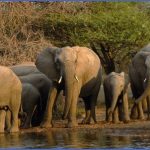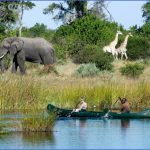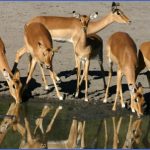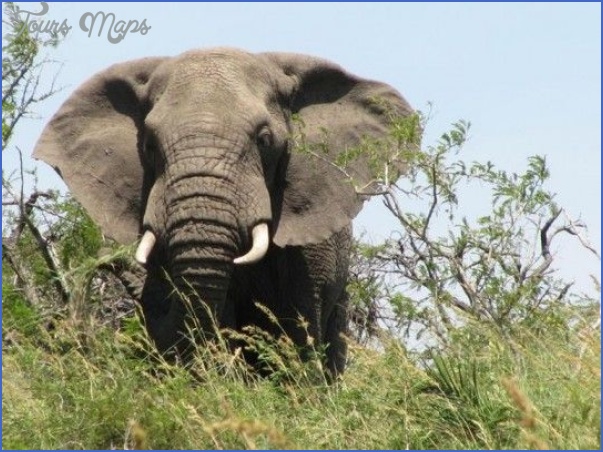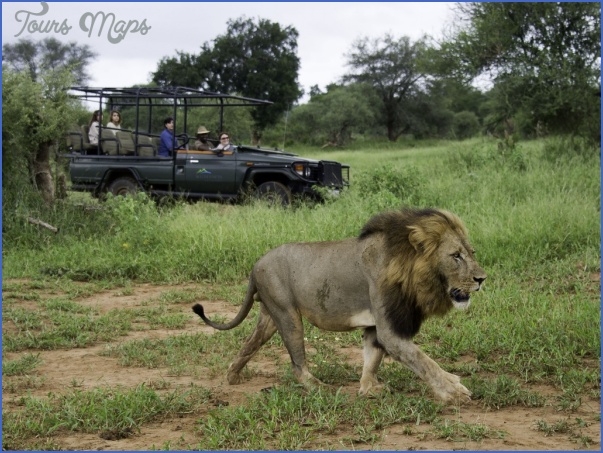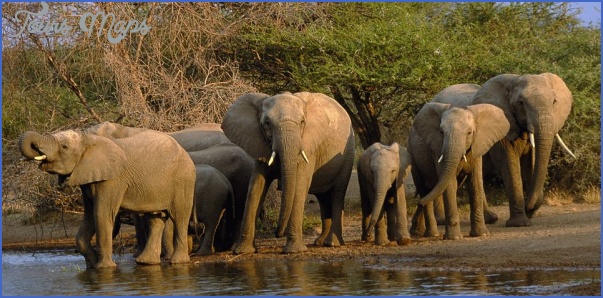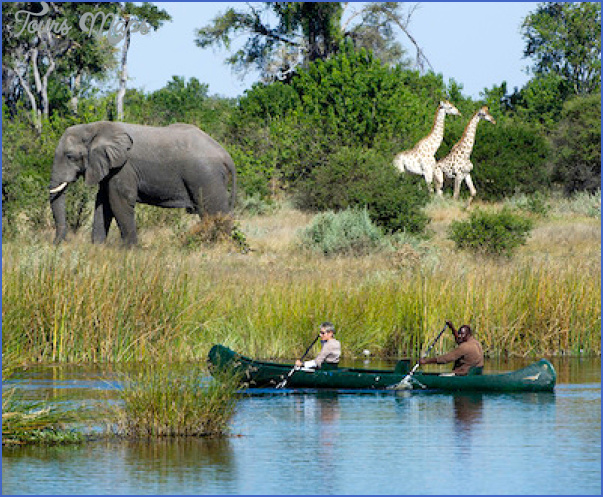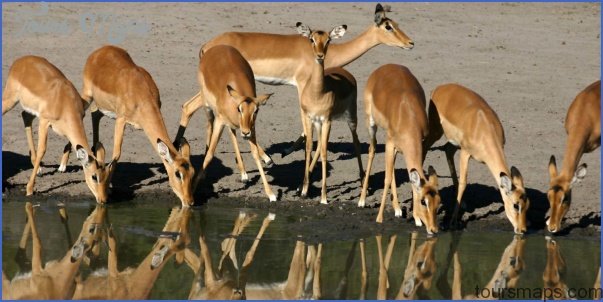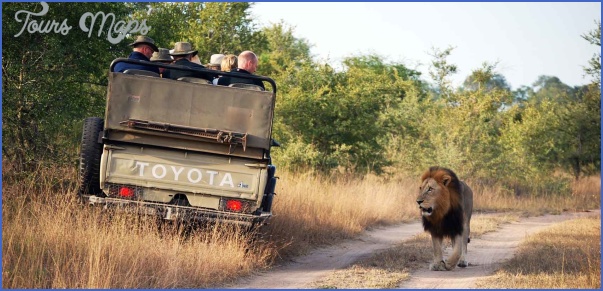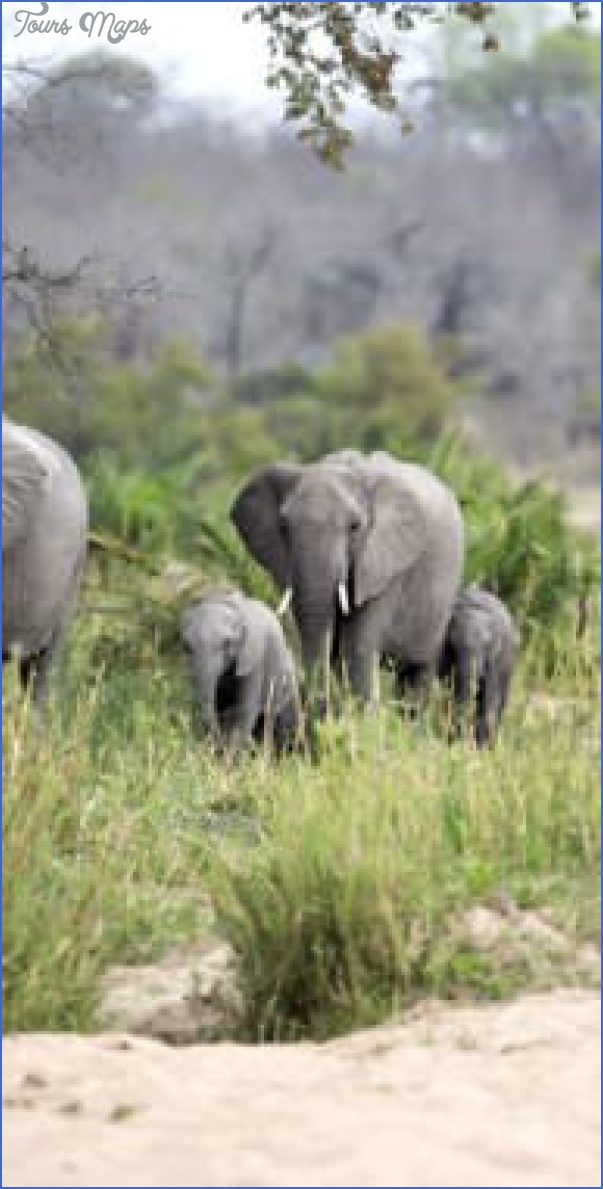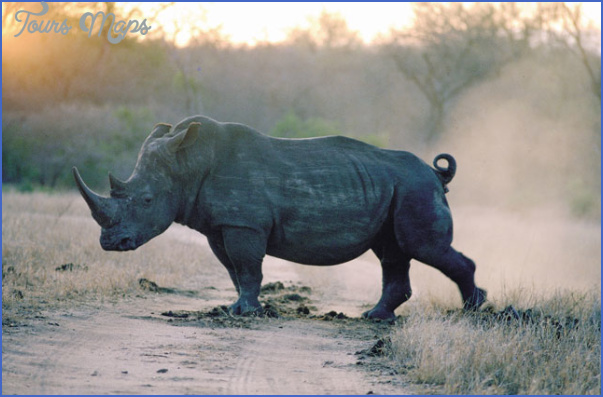In spite of the superficial serenity as we glide quietly downriver past extensive, wildlife-rich marshes, rice and bourgou crops, there are other issues here that are hard to spot. Excessive grazing with livestock, combined with droughts, has degraded a lot of farmland. Erosion of exposed sandy soil is causing the silting up of shallow ponds and streams, once important for fish and other wildlife. Too much tree felling has reduced breeding trees for many of the delta’s herons and egrets as well as depriving people of wood, food and shade.
Famine constantly haunts this place because food harvesting is so unpredictable. More predictable are birds; there are always some around though far fewer if the marshes are dry. So everyone kills birds – anything from small wading birds like snipe to large herons – using all manner of homemade traps, nets and slings. Any bird, small or large, adds protein to their otherwise starch-based diet. And better tracks and roads into the Niger Delta are likely to mean more trapping to satisfy the needs of more distant markets.
So far the invasive Water Hyacinth, a native of the Amazon but spreading in waterways worldwide, hasn’t made serious inroads in the delta. But it is spreading in other parts of the river both upstream in Mali and downstream in neighbouring Niger. It covers waterways in a dense mat, precluding fishing, elbowing out native plants, seriously disrupting boat traffic and harbouring mosquitoes. Its spread into the delta is inevitable.
Africa Top Wildlife Travel Destinations Photo Gallery
With less water in the delta seemingly a more frequent result of climate warming and reservoir construction upstream, bird trapping, tree felling and a gradual takeover of more marshland to grow crops, many of the delta’s birds – both breeding species and winter migrants – are declining. Some are holding their own and a few are increasing but, overall, this fabulous wetland is not as wildlife-rich as it was.
The Niger Basin Commission, comprised of representatives from nine countries along the river, is trying to address some of these problems by curbing siltation, encouraging tree planting, clearing Water Hyacinth, re-planting bourgou killed off by drought, and modernizing rice growing. But these are poor countries with few resources. They have more people than their land can sustain year-on-year. And they have no control over the most important factor – the seasonal rains – the lifeblood of this river and its inland delta.
The flood in the Niger delta that I witnessed might have been of biblical proportions but the big question remains: when will the next one be?
Maybe You Like Them Too
- DUBAI UNITED ARAB EMIRATES
- Anniston Map
- Wildlife Travel Guide
- Wildlife Travel To Alonissos
- National Wildlife Travel




